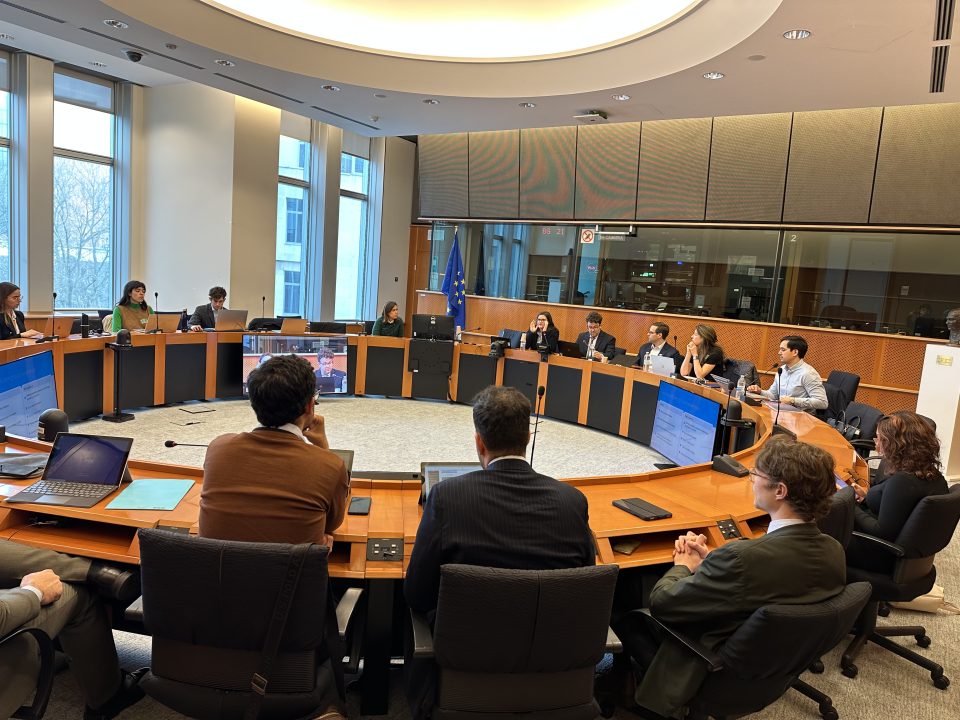
As we approach a historic moment with crucial elections in Europe and the United States of America, political campaigns face a rapidly shifting technology landscape. Tech companies, civil society, and political leaders all have a critical role to play in combating threats to our democratic elections, including the rise in deceptive AI, deepfakes, and cybersecurity attacks on campaigns. At the same time, the latest technological advances in AI present great potential to empower campaigns with time-saving innovation. As political campaigns adapt to this new era of technology, we need to continue reinforcing the development of responsible technologies in a way that helps safeguard our critical institutions and protect candidates and voters.
Responding to this critical issue, YEPP organized a workshop in collaboration with Microsoft called Navigating Campaigns in the Era of AI, aimed at arming political leaders with a deeper understanding of how campaigns can leverage AI safely and best practices to safeguard their organization from cyber threats. This includes education on the basics of generative AI, political use cases, hands-on learning, safety considerations for AI (from data to combating deepfakes), overview of the threat landscape, and cybersecurity fundamentals.
Content of the Workshop
In the first part, the speakers discussed the fundamentals of AI and campaigning, risk management through AI, and cybersecurity best practices. The initial segment focused on exploring Generative AI as the branch of AI that has seen the most growth in the past year. Among its applications in political campaigning are data analysis, drafting of images and posts, preparation for meetings, summarizing texts and press releases, Excel development, and more. As the speakers emphasized, AI tools have rapidly advanced due to their ability to process large amounts of data within seconds. This enables politicians and their staff to create content quickly and receive creative suggestions on organising work, conveying concepts, and more.
Experts highlighted the importance of risk management with AI, stressing the need to use it safely and ensure awareness among professionals regarding the gathering of data used to train models. Moreover, addressing the use of deceptive content in view of upcoming elections remains a priority. Potential solutions include initiatives by Big Techs and journalistic networks to label their content as true or generated through AI, with the Standard C2PA being one option being developed by Microsoft, in collaboration with Adobe, Google, and other companies, to mark all generated images with a recognisable code.
The discussion then shifted to cybersecurity and best practices to implement. Hackers may target candidates to manipulate online voting or voters themselves. To prevent such attacks, politicians should secure passwords and accounts with multi-factor authentication, use a password manager and different keys, seek legal counsel, and be prepared to activate security protocols in emergencies.
In the second part, attendees delved into the universe of Microsoft AI tools, learning how to utilise them for fast and automated campaign material production. The software used, Microsoft Copilot, proved to be a versatile AI tool suitable for various purposes. Participants were guided by the speakers in using Copilot for tasks such as building campaign calendars, planning fundraising, recruiting volunteers, analysing data, and creating social media posts.
The event concluded with a networking gathering.
